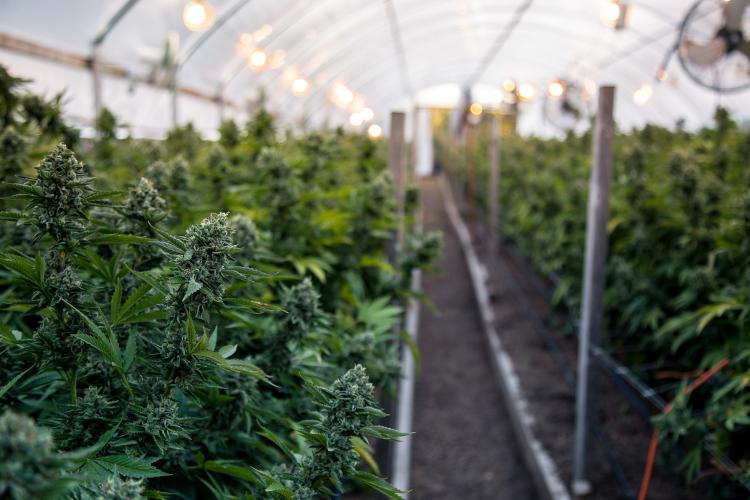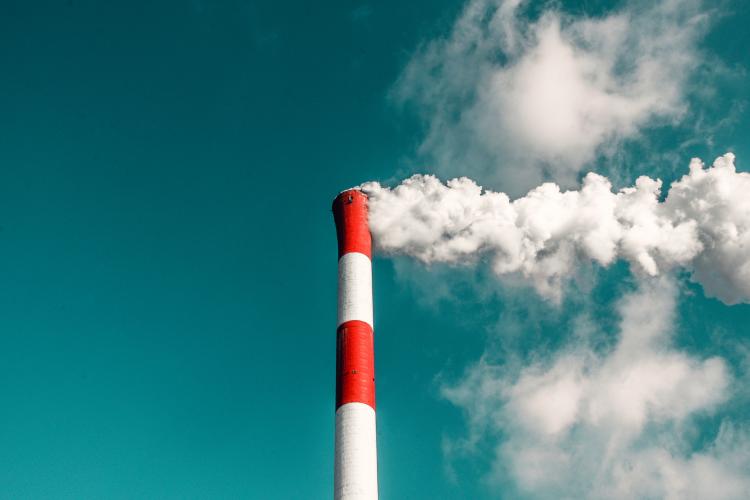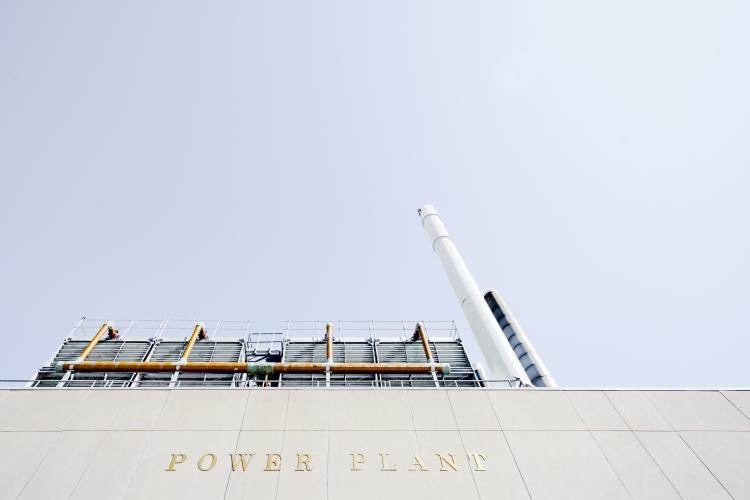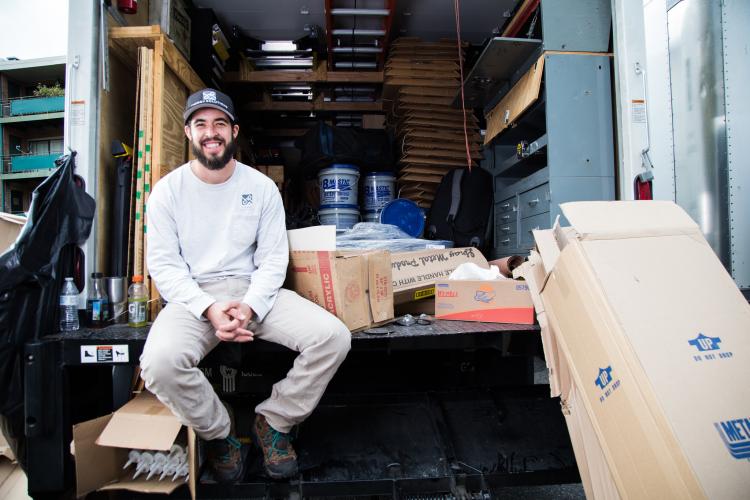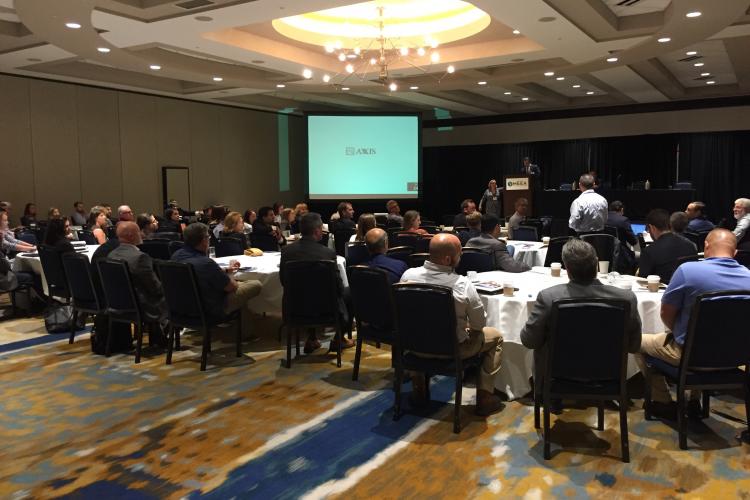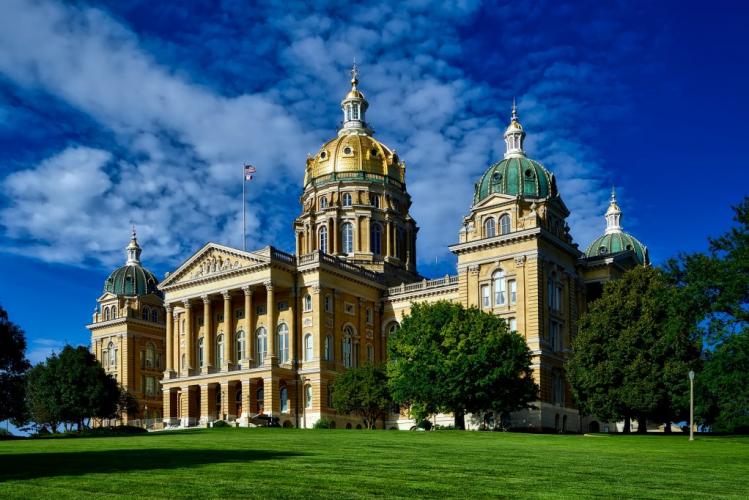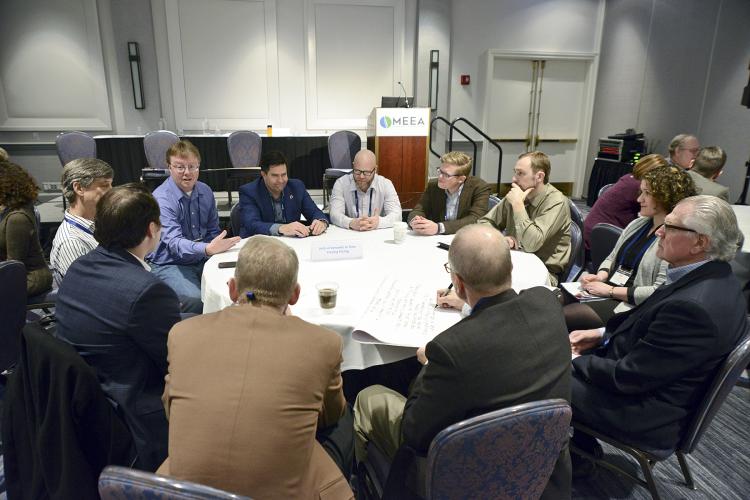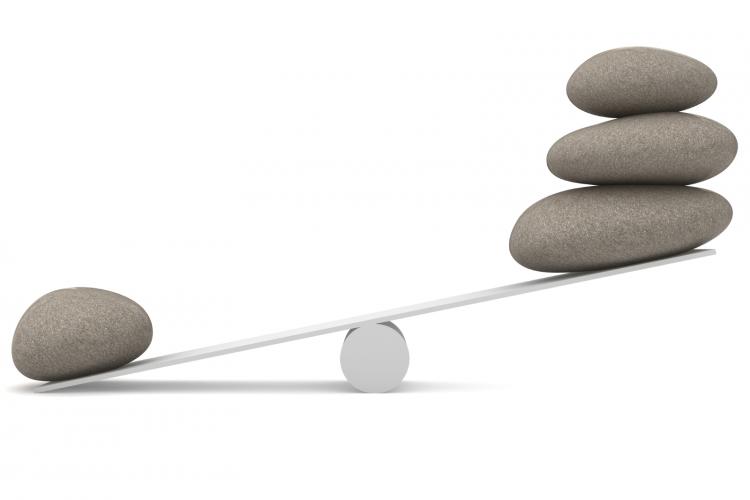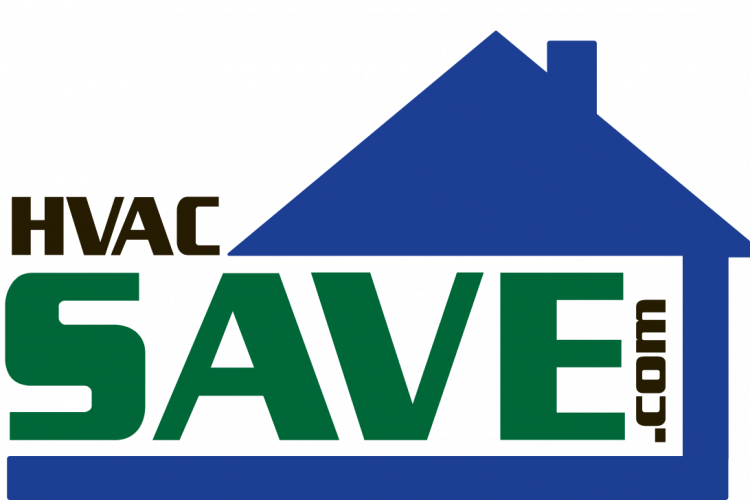3 Big Questions about Energy Use in Legal Cannabis Cultivation
Recreational cannabis hits the shelves January 1, 2020 in both Illinois and Michigan. How will the race to market impact energy use?
Growing cannabis is an energy-intensive process, and as cultivators focus on getting product ready as quickly as possible, it will be easy for energy efficiency to get pushed to the backburner and energy consumption to rise.
